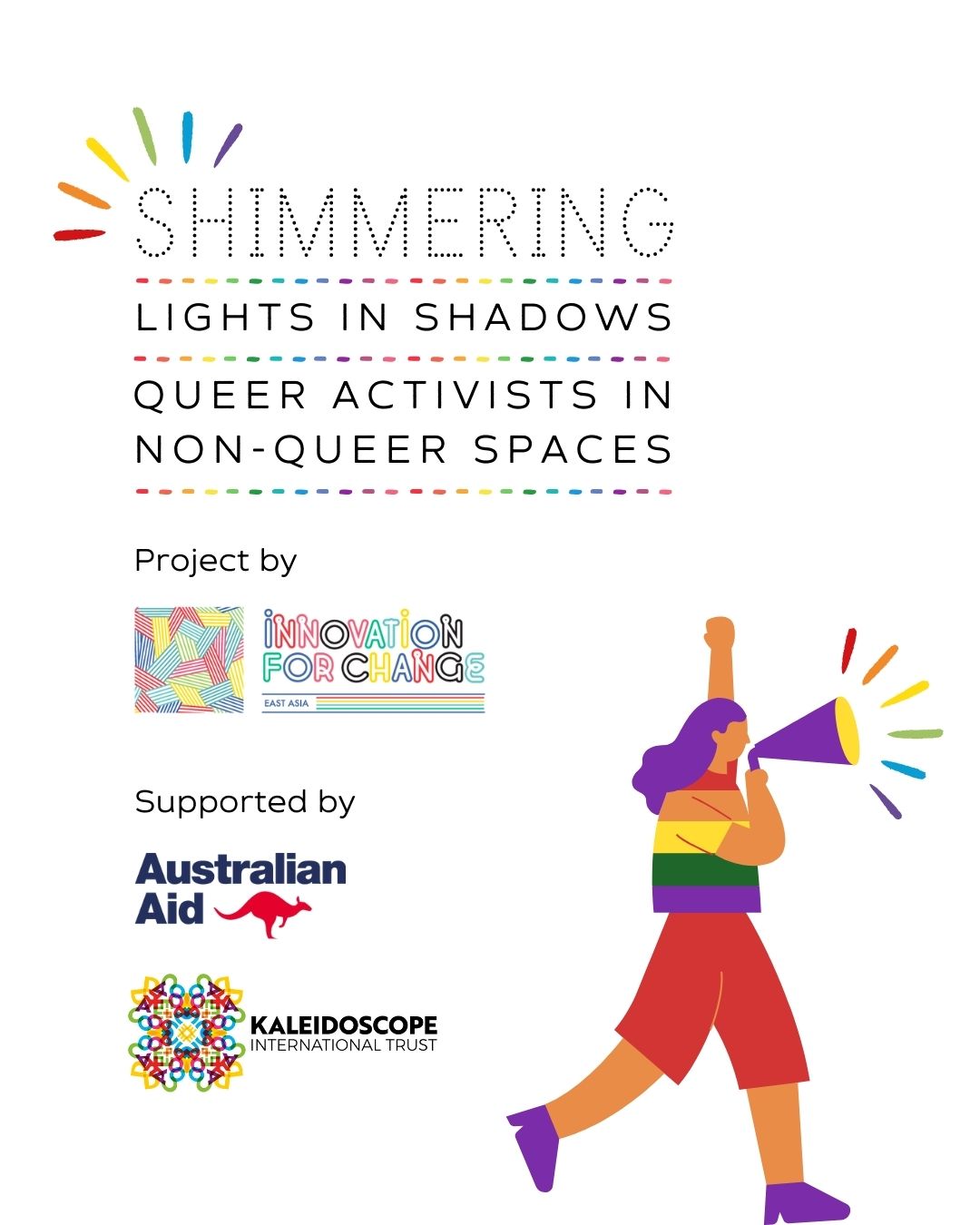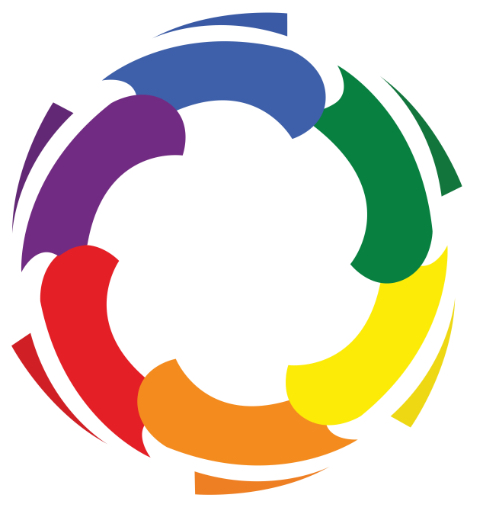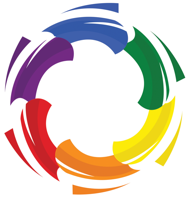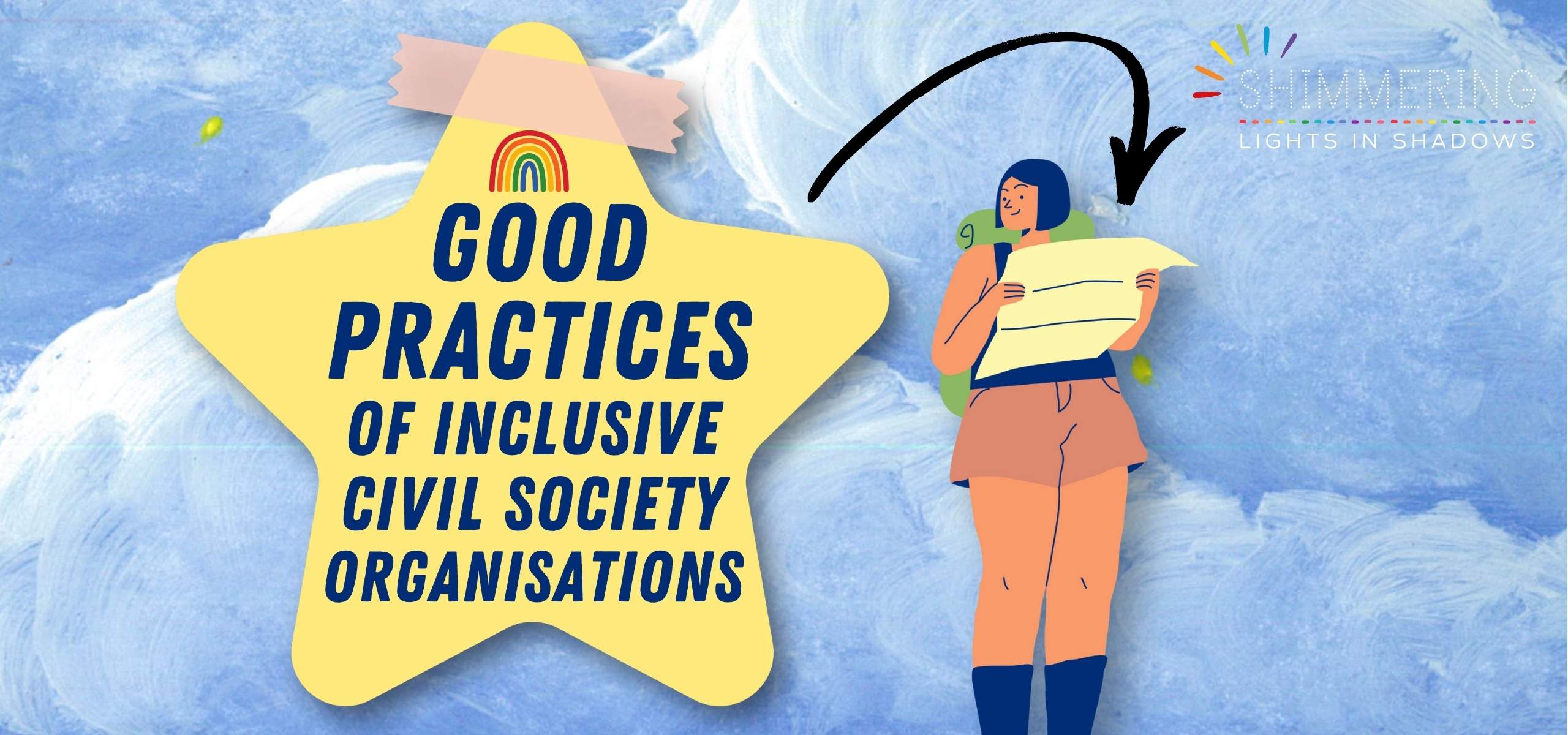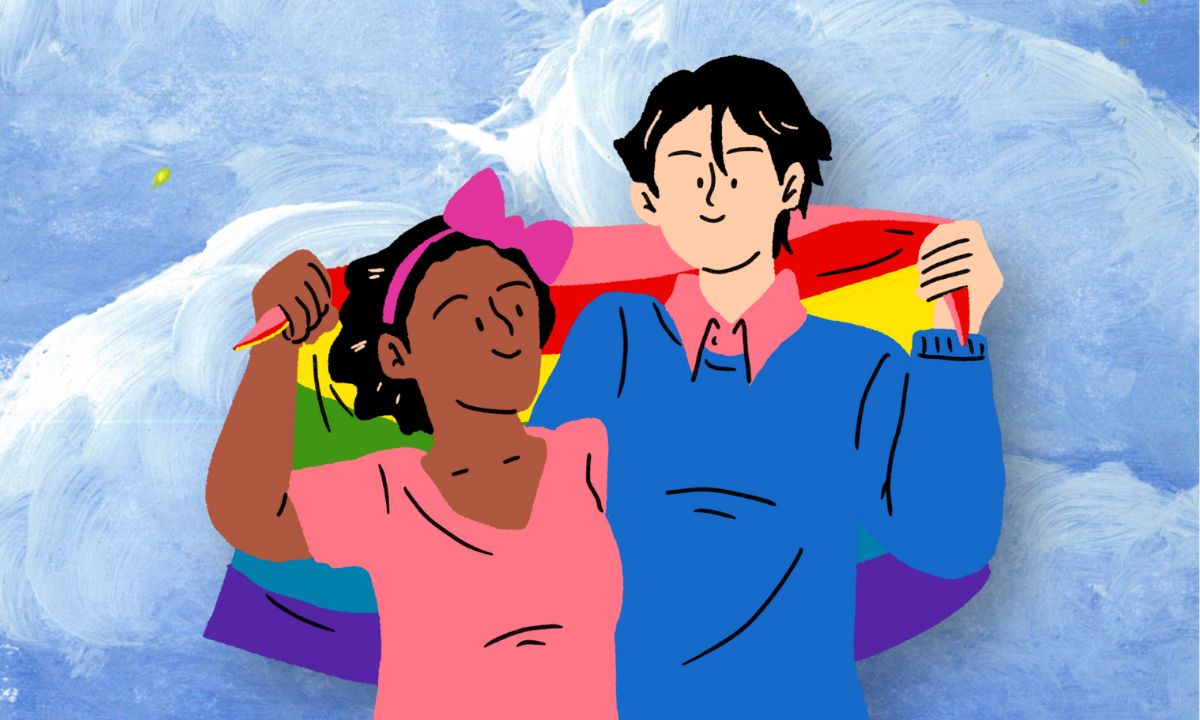
“When activists of all causes build a culture of solidarity, we share the risks together”
Inclusive civil society organisations create environments where LGBTQIA+ individuals feel valued, respected, and supported. Achieving this begins with strong, inclusive policies that set the foundation for meaningful change.
However, the gap between policy and practice often persists. As Jasbant Kaur points out, “If civil societies implement the policies that are already in place, it would create a more enabling environment for queer people to work.” Closing this gap requires steadfast commitment, accountability, and a focus on the lived experiences of those directly affected.
True inclusion goes beyond having policies on paper — it is about living, sharing, and actively applying these principles to create genuine change. It also requires building solidarity across movements. As Kokila explains, “When activists of all causes build a culture of solidarity, we share the risks together… It makes us stronger to bear the costs.” This culture of solidarity fosters resilience and collective strength, enabling communities to face challenges together.
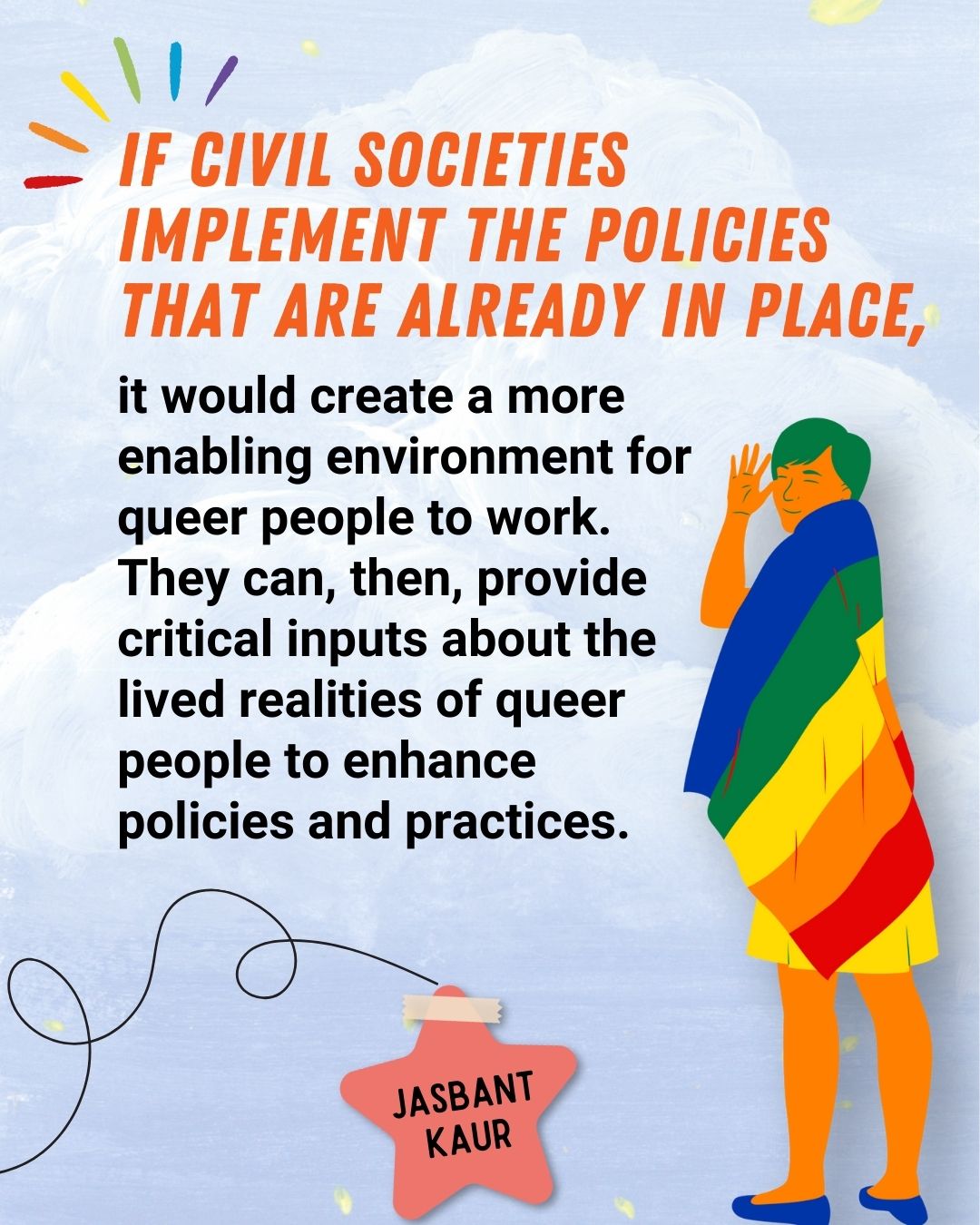
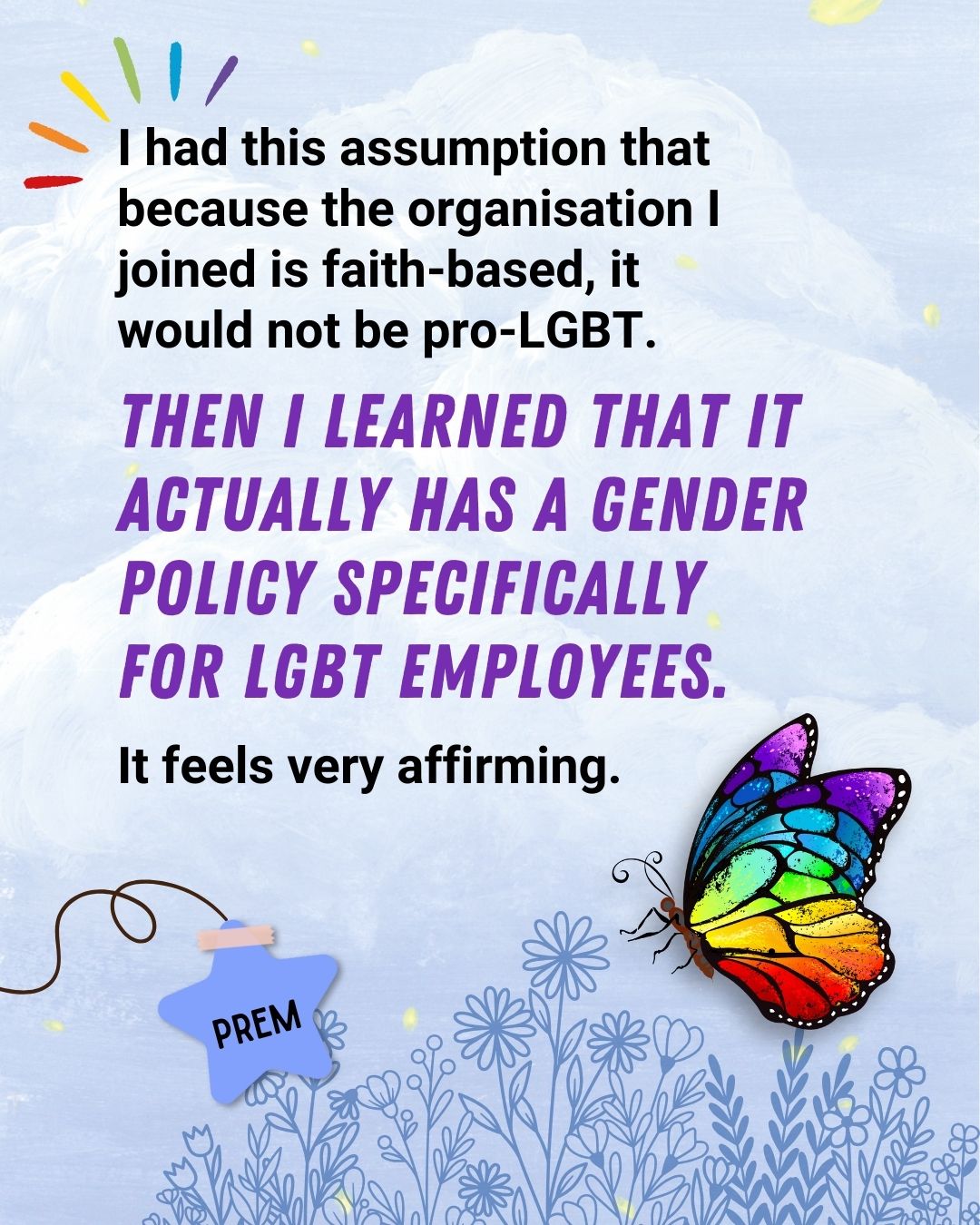
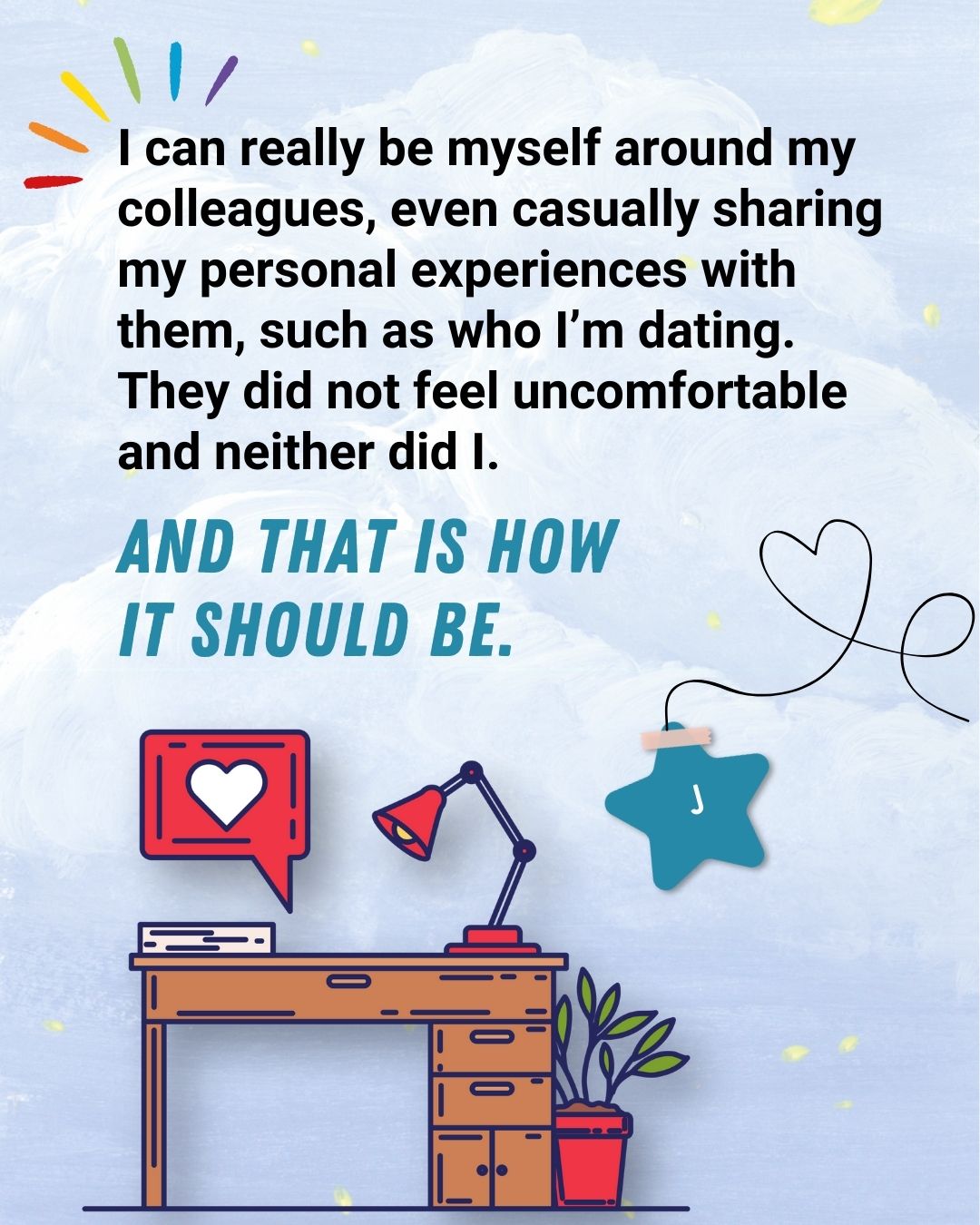
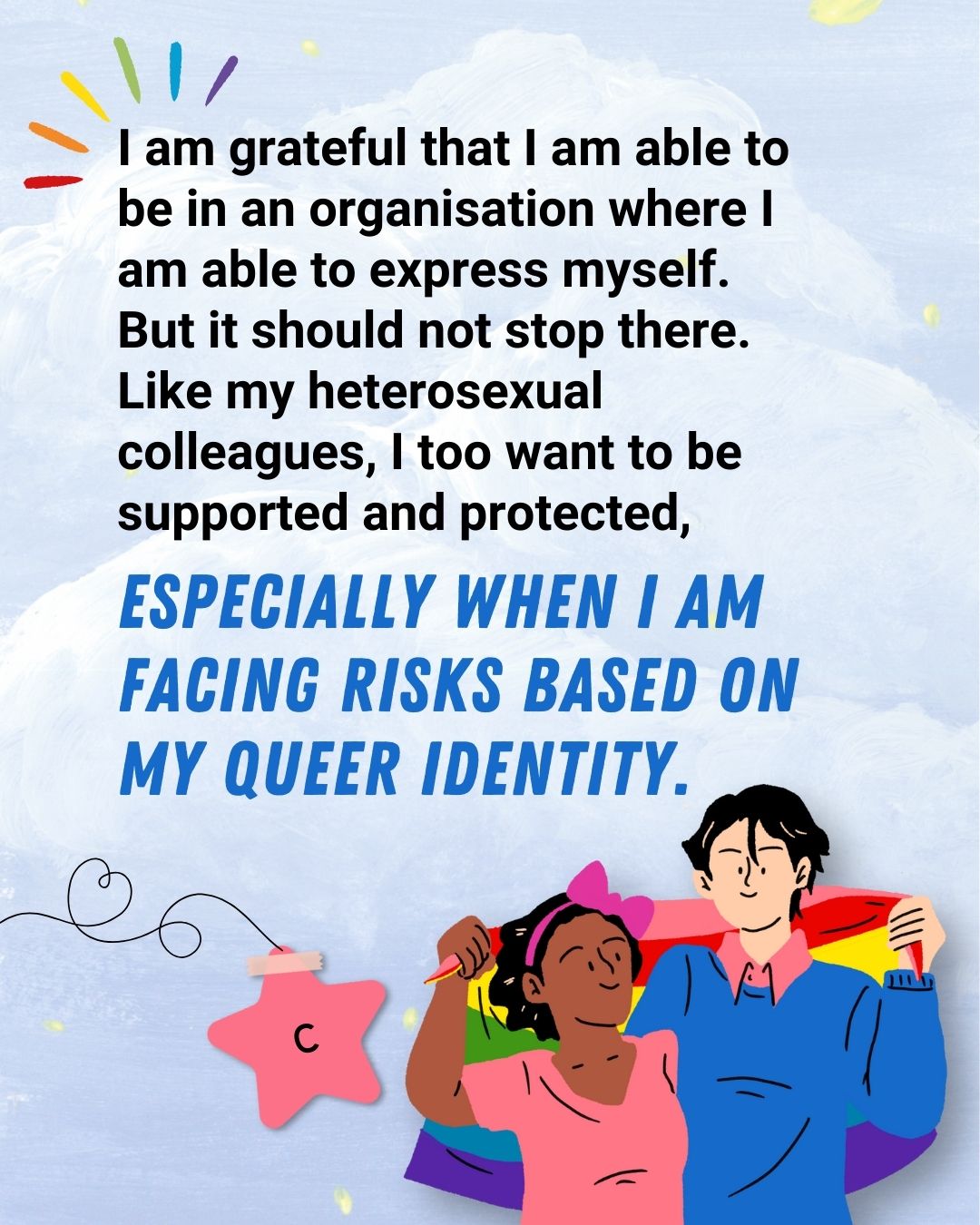
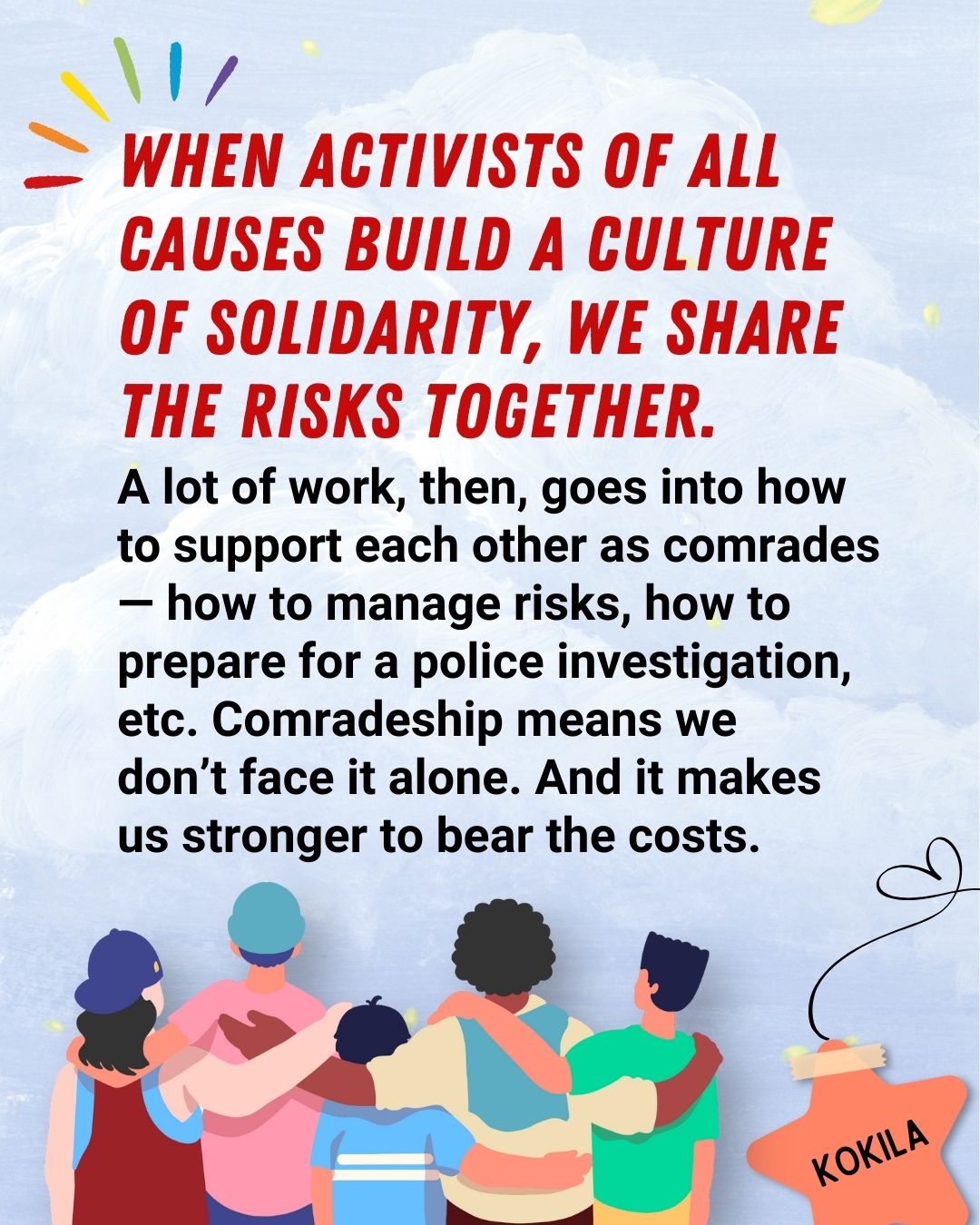
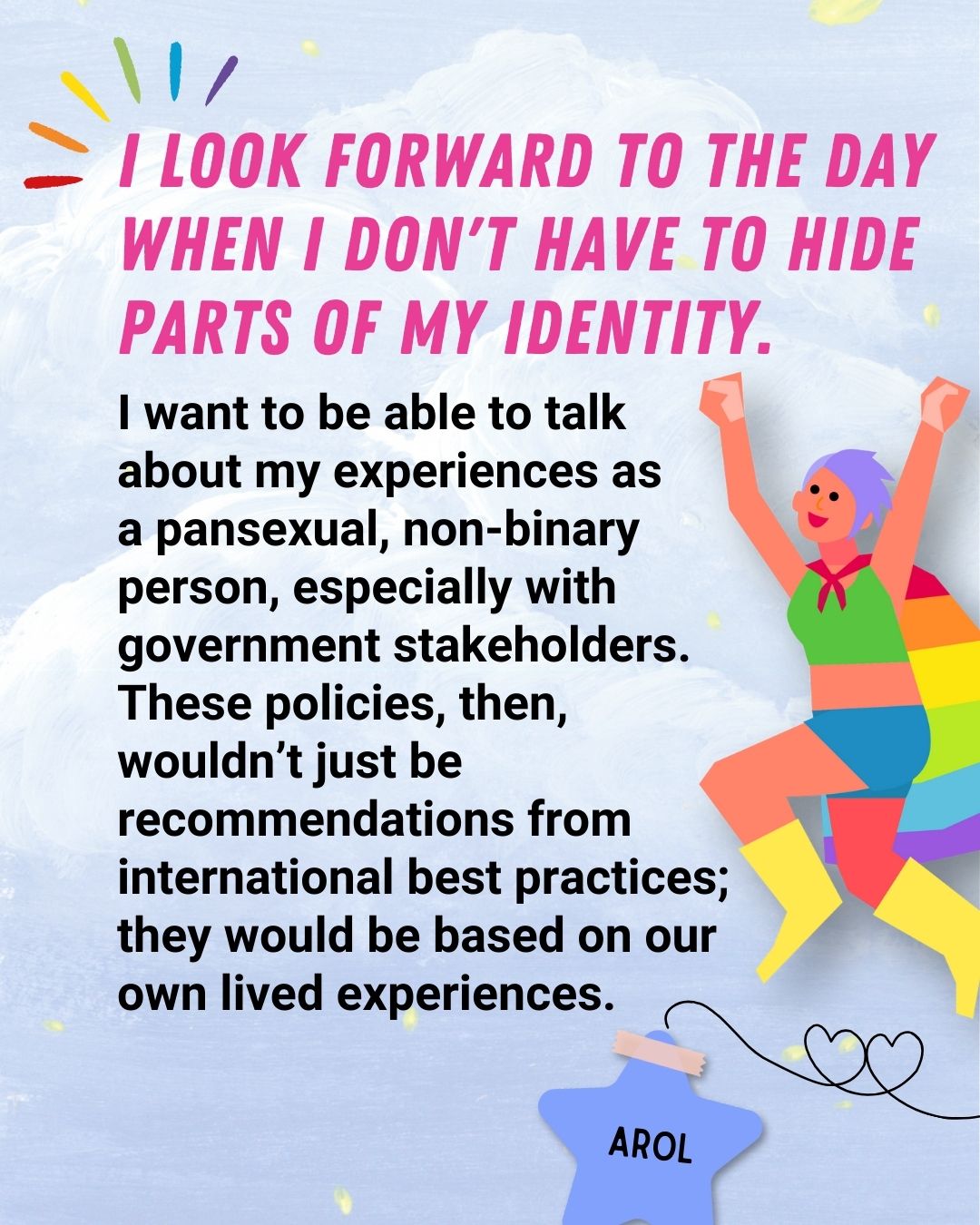
These quotes are by participants of our report “Shimmering Lights in Shadows: Queer activists in non-queer spaces”. It explores the lived experiences of 47 LGBTQIA+ individuals involved in civil society organisations across Brunei, Fiji, Malaysia, and Singapore. You may access the reports through ASEAN SOGIE Caucus or Asia Democracy Network.
Being Queer in the Work Sphere
Excerpt from the Synthesis Report by Marissa de Guzman
It is not surprising to learn from the study participants across the four focus countries that underlying acceptance of diverse identities is more common in more inclusive CSO workplaces. Where there are open and safe spaces even for difficult conversations or differing opinions, queer individuals are able to cultivate a sense of community alongside colleagues. In Brunei, participants still felt safe and supported even when sexuality, gender, or gender identity may not be openly discussed, but only tacitly accepted. There is an implied understanding that one can focus on the work while being surrounded by allies, who may or may not be secretly navigating their own identities. In CSOs that do not just accept and protect diversity, but also support LGBTQIA+ staff members’ advocacies outside of the workplace, such as the case shared by a Singaporean contributor, the openness proves empowering not just for the queer individuals in the organisation, but for everyone. The impact on staff morale and overall organisational legitimacy as a rights-respecting and rights-promoting capacity builder of social organisations is immeasurable.
Non-hierarchical and flat structures within organisations also work – with collaboration among equals and the creation of safe spaces to discuss difficult issues. One Singaporean contributor shared that there is a grievance mechanism, an ethics and integrity policy in place in their workplace. Malaysian queer activists feel free, safe, and empowered within CSOs that already align organisational values with feminist perspectives and SOGIESC rights or where queer individuals have leadership roles. Having allies in the workplace is encouraging and reaffirming – where participants felt secure belonging to a larger activist network.
You may access the Synthesis Report through ASEAN SOGIE Caucus or Asia Democracy Network.
